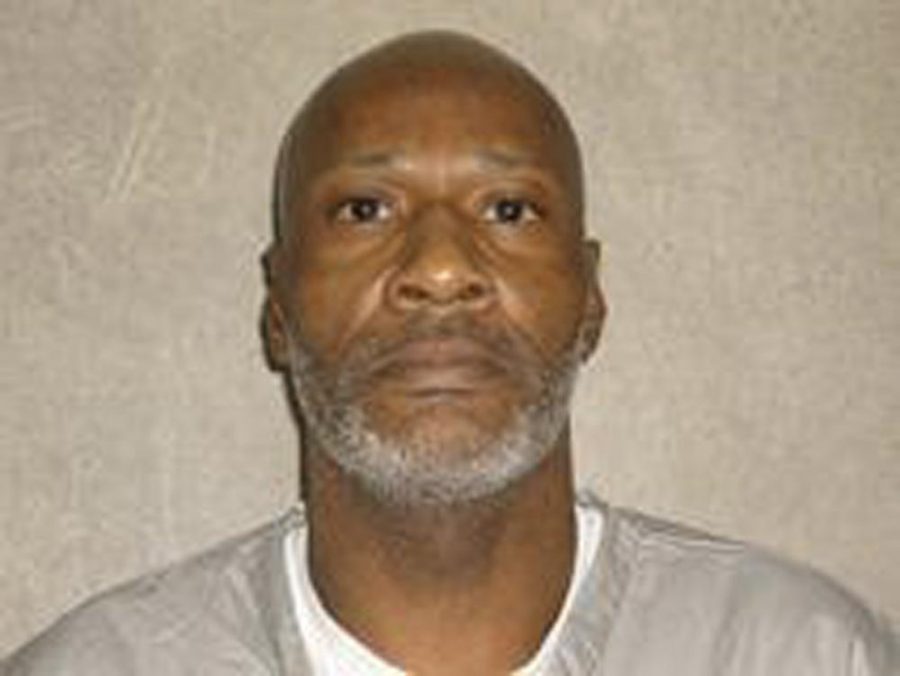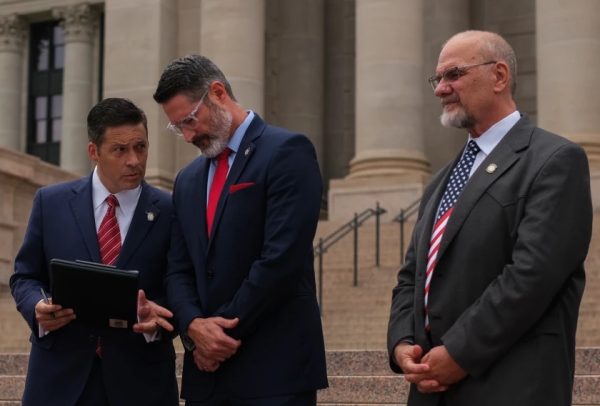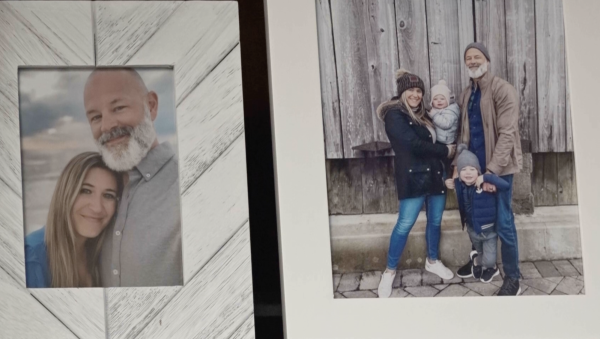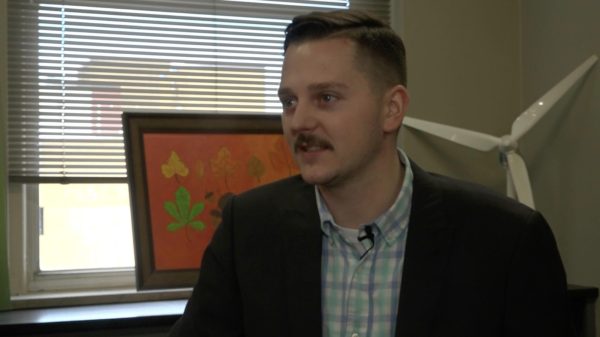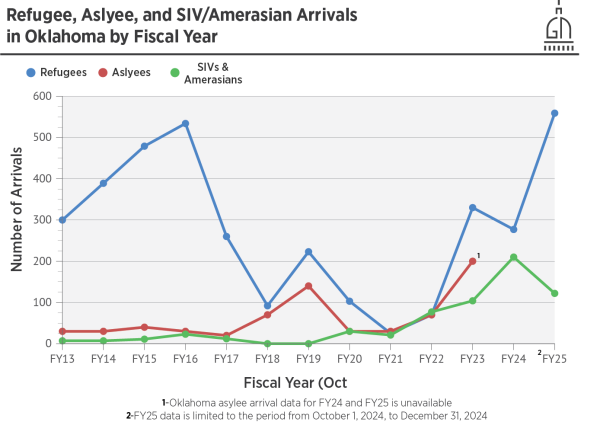National death penalty organization says botched Oklahoma executions grounds for heavy criticism
This undated photo provided by the Oklahoma Department of Corrections shows John Marion Grant. A federal appeals court has granted a stay of execution for two Oklahoma inmates who were scheduled to receive lethal injections in the coming weeks. A three-member panel of the U.S. Court of Appeals for the 10th Circuit issued the stays Wednesday, Oct. 27, 2021, for death row inmates John Marion Grant and Julius Jones. (Oklahoma Department of Corrections via AP)
WASHINGTON — Was John Grant’s execution botched?
Oklahoma officials say it wasn’t, but the executive director of the Death Penalty Information Center in Washington, D.C.,says it was worse than botched.
Oklahoma Department of Corrections Director Scott Crow spoke in a press conference on Friday to provide more detail on Thursday’s execution. While there are many opinions on whether Grant was convulsing during the execution, Crow said, he said he believes Grant was dry heaving as opposed to convulsing.
Justin Wolf, a Department of Corrections spokesman, wrote in an email that there were no complications.
“[Grant’s execution] was carried out in accordance with Oklahoma Department of Corrections’ protocols and without complication,” Wolf wrote.
DPIC Director Robert Dunham alleged the Thursday execution was cruel and unusual punishment and slammed Oklahoma officials for carrying it out.
“Botched is actually an understatement because a botch implies something that was either unintended or unexpected,” Dunham said. “So Oklahoma knew about these risks, they’ve known about the risks for six years. Before they stopped executions, they botched their last three attempts.”
Grant was executed as Oklahoma’s lethal injection method is being challenged in federal court.
“Frankly, what Oklahoma has done is grounds for a lot of criticism,” Dunham said. “You would hope that decisions are made based on penological necessity, not based on trying to get people dead as fast as possible and Oklahoma’s conduct fits more in the latter category.”
Grant was convicted of murdering Gay Carter, a supervisor of the kitchen at the Dick Conner Correctional Center, in 1998. He had been on death row for 21 years following his 2000 conviction.
Despite challenges against the lethal injection, Gov. Kevin Stitt said the victim’s family was provided justice.
“Today, the Department of Corrections carried out the law of the state of Oklahoma and delivered justice to Gay Carter’s family,” Stitt said.
Sean Murphy of the Associated Press, who witnessed the execution, told a pool of reporters in Oklahoma that Grant experienced a series of convulsions with a few breaks in between to vomit.
“The first drug — the midazolam — he exhaled deeply, he began convulsing about two dozen times — full-body convulsions,” Murphy said. “Then he began to vomit which covered his face, then began to run down his neck and the side of his face.”
Oklahoma’s method of lethal injection is being challenged by a lawsuit that contends the concoction amounts to cruel and unusual punishment. Judge Stephen Friot scheduled the federal trial to begin on Feb. 28, 2022, but Oklahoma has already scheduled six other executions, with five set to occur before the trial begins.
A clemency hearing for the next death row inmate scheduled to be executed, Julius Jones, is scheduled for Monday.
“The Justice for Julius campaign has done an excellent job of publicizing the issues in this case,” Murphy told a pool of reporters after the execution. “It’s going to come down to whether Governor Stitt believes that Julius Jones should have his life spared.”
Jones’ clemency hearing is set for Nov. 1, but if his sentence isn’t reduced or moved to time served, his execution date is Nov. 18.
Gaylord News is a Washington-based reporting project of the University of Oklahoma Gaylord College of Journalism and Mass Communication. For more stories from Gaylord News visit gaylordnews.net.

[email protected]
https://twitter.com/ZARIAOATESTV
https://www.linkedin.com/in/zaria-oates-864241178

